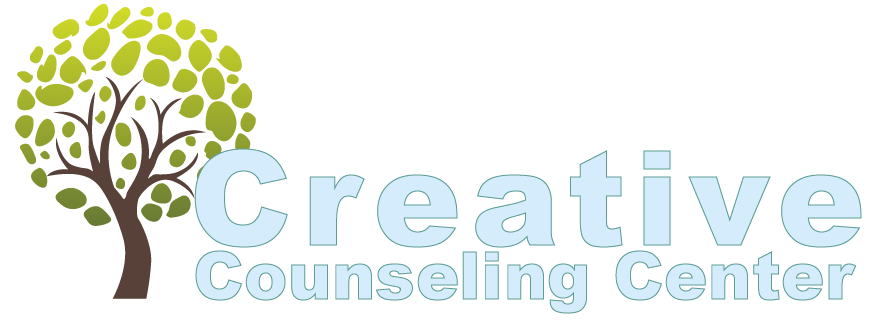Children Observe More Than We Realize: How Modeling Impacts Your Child’s Behavior
If you’ve ever spent time with a group of children, you’ve probably noticed that young people tend to copy the behaviors of those around them.
For example, a young boy observes one of his classmates disciplined by the teacher for speaking out of turn. By observing this interaction, the boy learns to wait until he is called upon to speak in class. This type of learning is called “ observational learning ” or modeling.
It is most closely associated with psychologist Albert Bandura and his social learning theory, which theorized that modeling occurs in 4 steps:
1. Attention
The child pays attention to someone else’s behavior.
Example: A girl sees her mother changing her younger sibling’s diaper.
2. Retention
The child remembers the behavior. He or she may be taught the behavior explicitly, or they may simply learn by observation.
Example: The girl remembers her mother carefully laying the baby on the changing table.
3. Reproduction
The child re-creates the behavior in his or her own experience.
Example: The girl pretends to change her doll’s diaper, taking care to lay the doll down gently.
4. Motivation
The child is motivated to continue the modeled behavior.
Example: The girl admires her mother and wants to be like her, so she continues to “change” her doll’s “diaper” in the same manner that her mother cares for her young sibling.
Children Observe More Than We Realize
Children are constantly learning by observing those around them.
A study by University of Washington psychology researcher Andrew N Meltzoff showed that babies as young as 14 months old are capable of imitating the actions of another person. In the study, 14-month-old infants observed an adult performing specific actions on six novel objects, and one of the actions was particularly unusual. The adult leaned forward and touched the top of their head to a flat box.
The results were exciting. 67% of the infants in the group were observed leaning forward and touching their heads to the box just like the adult!
Parents Have the Power to Positively Shape Their Children
Children model the behaviors of those around them, especially parents, other caretakers, siblings, and other people with whom they spend lots of time. They notice and imitate how people behave, speak, express emotion, and move through the world in general. Even though parents may think their children are not paying attention, chances are they most likely are! Children observe far more of the details of our behavior than we give them credit for.
Actions Speak Louder Than Words
When modeling healthy behaviors for children, keep in mind the old adage that ‘actions speak louder than words.’ Children are more likely to model what you actually do, not what you tell them to do.
Just like children model our positive and perceived “good” actions, they also model our less-than-ideal behaviors. Here are examples of commonly modeled negative behaviors:
- Spending too much time on your cell phone or iPad, but scolding your children for watching too much television.
- Gossiping about people in your social circle, but telling your children not to speak poorly of others.
- Sitting on the couch all weekend, but scolding your children for being lazy.
Positive behaviors to model include:
- Always saying “please” and “thank you,” so children learn that manners matter.
- Listening to your children without interrupting them, so they learn that their voices are important too and to listen while others are speaking.
- Cleaning up your own messes, so children learn how to be responsible for their belongings and living space.
- Apologizing to your child or other family members when you lose your temper, so your child knows they don’t have to be perfect and it’s ok to say “I’m sorry.”
Remember to model good behaviors for children so they’ll grow up with healthy behaviors that lend themselves to a healthy, productive life.
Contact Creative Counseling Center
Unfortunately, there isn’t a test we can take to let us know we are exceling as parents. We just know when we are struggling and losing patience. If you feel overwhelmed, worried or frustrated by your child’s behavior, and nothing you do seems to have an impact, complete the brief form below to Request a Free Consultation. A member of our team will reach out to you and, after a conversation about your circumstances, will help determine whether “parenting coaching” with a licensed therapist will help you help your child.
Contact Us
We will get back to you as soon as possible.
Please try again later.

ABOUT THE AUTHOR
Teri Karjala is a Licensed Professional Counselor & Marriage and Family Therapist. She is the founder and Executive Director of Creative Counseling Center, LLC. Working in the field since 1999, Teri and her team of therapists specializes in counseling for those who have experienced trauma. They work with children as young as age 2, as well as teens and adolescents, adults, seniors, families, and couples.
REQUEST A FREE CONSULTATION
If you have questions about counseling, would like to find out if counseling could help you or a loved one, or are interested in learning more about our services, just complete the brief form below to request a Free Phone Consultation. A member of our team will contact you shortly. After a brief conversation, we'll determine together whether our practice is right for you and which therapist may be best suited for your specific circumstance.
Finding the right therapist, one you click with, is less about the therapist's experience and qualifications and more about the therapist's personality. So let's talk. Let us match you with a therapist you have a high likelihood of clicking with.
Fields marked with an * are required.
Contact Us
We will get back to you as soon as possible.
Please try again later.
GET SOCIAL WITH US
CONNECT WITH US
PHONE
EMAIL US
ADDRESS
6021 South Syracuse Way, Suite #216
Greenwood Village, CO 80111
OFFICE HOURS
Monday-Thursday: 8:30am-8pm
Friday: 12pm-5pm
Saturday: 12pm-4pm



